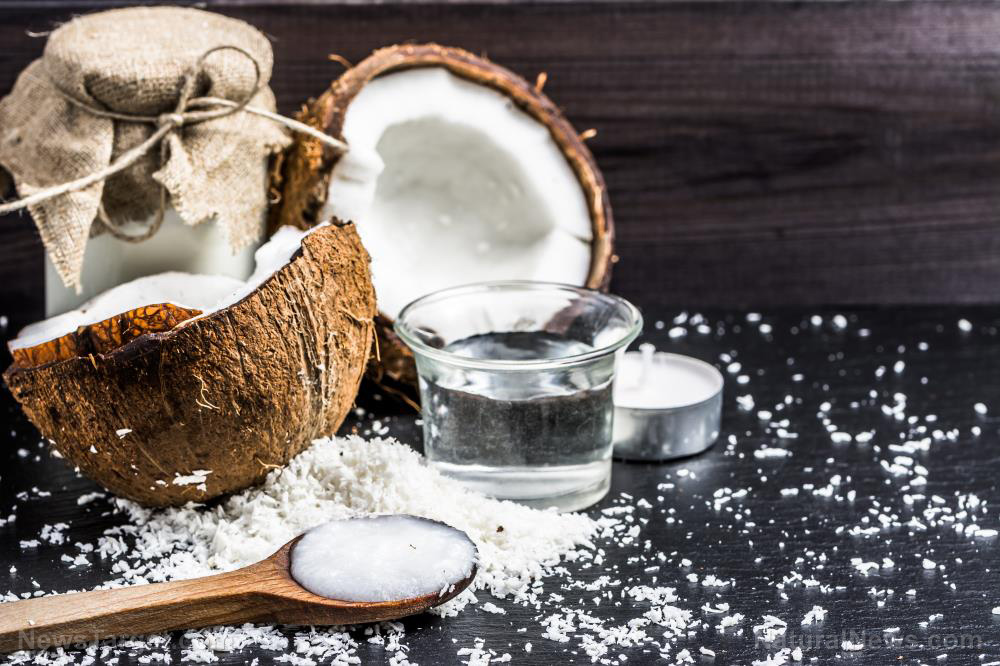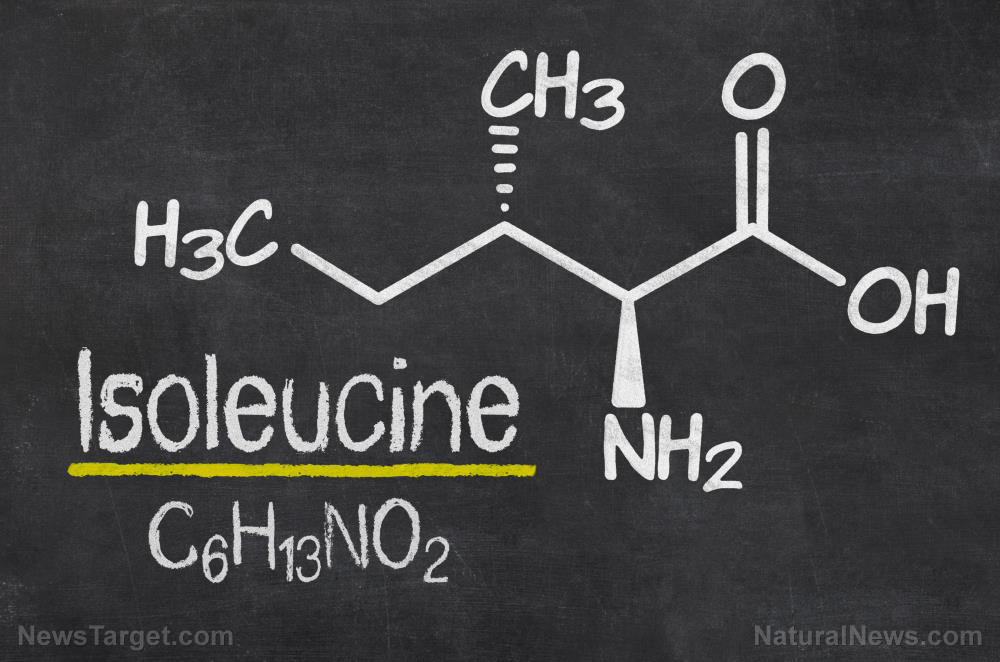Higher levels of magnesium intake associated with reduced rates of high blood pressure and heart disease
10/24/2018 / By Tracey Watson

Magnesium is arguably one of the most important minerals necessary for the optimal functioning of the human body. Responsible for over 300 biochemical reactions, magnesium is present in our bones, cells and organs. Unfortunately, the combination of our modern diet and the minerally-depleted “tap” water that we drink have left the vast majority of us severely depleted of this important mineral. As we age, levels of magnesium decrease even further, leaving us vulnerable to a host of diseases directly linked to a lack of this essential mineral, including stroke and heart disease.
Cardiovascular disease is the world’s greatest killer, resulting in over 17 million deaths (over 30 percent of all fatalities) each year. In the United States, more than 85 million people have some form of cardiovascular disease or have experienced a stroke, and an American dies from heart disease every 40 seconds.
A study conducted in Korea and published in the journal Nutrition, Metabolism, and Cardiovascular Diseases, found a direct link between low serum magnesium levels and cardiovascular disease. This is good news, because it indicates that ensuring our diet contains more of this mineral and possibly even supplementing with it can mean preventing age-related diseases, including the world’s number one killer.
High magnesium levels = lower risk of disease
Natural Health 365 reports that most Americans are deficient in magnesium, with people over the age of 70 being particularly depleted. Over 80 percent of men and 70 percent of women fail to consume the recommended 320mg to 420mg a day. The good news is that this is an easy fix, and upping the body’s magnesium levels can result in dramatic health improvements, particularly in relation to the risk of heart disease and stroke.
The power of the elements: Discover Colloidal Silver Mouthwash with quality, natural ingredients like Sangre de Drago sap, black walnut hulls, menthol crystals and more. Zero artificial sweeteners, colors or alcohol. Learn more at the Health Ranger Store and help support this news site.
Natural Health 365 noted:
Magnesium helps to prevent arrhythmias, or irregular heartbeat, while protecting blood vessels against accumulations of calcium, thereby lowering the risk of atherosclerosis – a clear predictor of heart disease, stroke and premature death. Adding to its heart-healthy attributes is the ability of magnesium to significantly lower blood pressure.
Just as healthy levels of magnesium can protect the heart, deficiencies can harm it.
In a 2015 study published in Nutrition, Metabolism and Cardiovascular Diseases, participants with lower serum levels of magnesium were more than twice as likely to have coronary arterial calcification. Low magnesium levels also cause a 50 percent greater risk of atrial fibrillation – a type of irregular heartbeat that can lead to a stroke. (Related: How magnesium prevents heart disease.)
Since magnesium is vital to such a variety of bodily functions, a lack of this mineral can cause a host of other diseases, too. Natural News recently reported that low levels of magnesium can increase the risk of pancreatic cancer by a staggering 76 percent.
In a study published in the British Journal of Cancer, scientists evaluated the health of more than 66,000 participants between the ages of 50 and 76. Over the course of the study, 151 of them developed pancreatic cancer. Natural News reported:
After conducting a comparative analysis of magnesium levels among the participants, the research team found that for every 100 milligram (mg) decrease in daily magnesium intake, a participant’s risk of pancreatic cancer increased by a whopping 24 percent. Further, if a participant’s daily intake of magnesium dropped below 75 percent of the government’s recommended daily allowance (RDA), then his or her risk of pancreatic cancer skyrocketed by an astounding 76 percent.
In addition, higher levels of magnesium reduce risk of diabetes by up to 33 percent and help prevent both migraines and depression.
Increasing magnesium levels in the body
The World Health Organization estimates that at least 60 percent of people are deficient in magnesium, so it’s a pretty safe bet that most of us need to take a careful look at how to increase our levels of this important mineral.
In addition to supplementing with a clean source of magnesium, the secret to increasing its dietary consumption is to include more foods that are high in fiber, including almonds, avocados, cashews, oatmeal, kidney beans, peanuts, pumpkin, raisins and whole grain breads. Dark leafy greens, fish, bananas and dark chocolate are also excellent sources of this incredibly important mineral. Discover more of the amazing benefits of magnesium at Nutrients.news.
Sources include:
Heart.org[PDF]
Tagged Under: blood pressure, cancer, cardiovascular disease, heart health, Magnesium, magnesium deficiency, minerals, natural remedies, nutrients, nutrition, pancreatic cancer, prevention, stroke, supplements




















